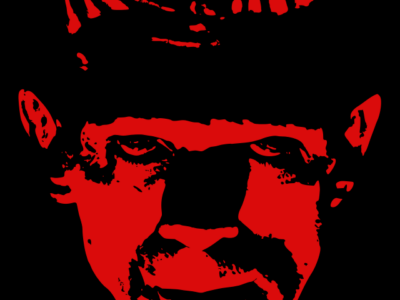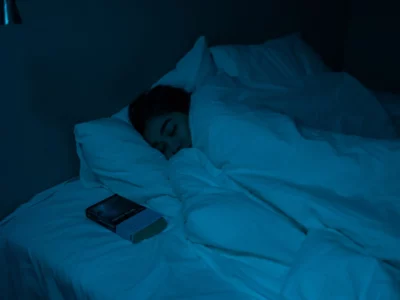A handful of required readings from English class have stuck with me long after the classes ended. As a writer, some classics were valuable to me in the development of my writing style but were difficult or boring books to get through. But other classics were simply masterpieces, enjoyable for book lovers and haters alike. Some classics are classics for good reason. While I’m not an English teacher, as an English major, I have gifted several of these books to my loved ones after finding out they didn’t read them. Some English class books put me to sleep, but others completely shifted my worldview.
Read on to find which classics you should read again:
1. The Outsiders by S.E. Hinton
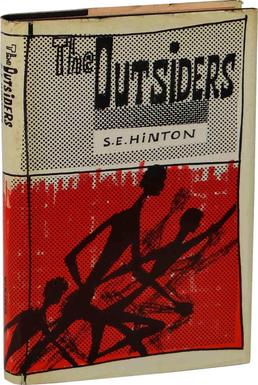
The Outsiders is a genuinely fun read. Not only is it pretty short, which appeals to me, but the characters are memorable and endearing. It shows how class affects teens in the 1950s, as two groups of boys, the Greasers and the Socs, experience conflict with one another. My favorite part of this book is the Greasers. The evolution and downfall of the characters Ponyboy and Sodapop made me tear up. The aesthetic of this book romanticizes the 1950s while simultaneously portraying the grim reality of America in the 1950s.
2. Lord of the Flies by William Golding
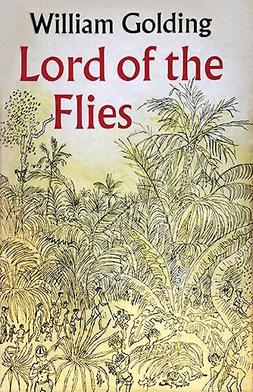
This book scratched an itch for me. I’d always wondered what would happen if my classmates and I were stuck on an island, as a fun hypothetical. This novel takes that idea and runs with it. I still think about the striking and, at points, disturbing imagery from this book. The motif’s were fun to analyze as well. Considering this book was my summer reading into freshman year of high school, it aptly set the tone for high school.
“It’s a commentary on what happens when you lose authority and shows how morality gets thrown out the window in desperate circumstances,” University of Iowa Sophomore Amber Taggart said.
I think one of my favorite parts of this book, perhaps because I read it at fourteen, was that it does a great job showcasing the cruelty of pre-teens. But it is full of interesting character studies, such as Simon and Piggy who are students turned survivors of the plane crash that strands the boys on the island. As an English major, this book does a great job dissecting and toying with different archetypes. At the same time, it’s heartbreaking and serves as a rather dark coming-of-age novel. Despite some dark moments, the book provides interesting commentary on human nature, and the message seems to praise the concept of society.
3. The Great Gatsby by F. Scott Fitzgerald
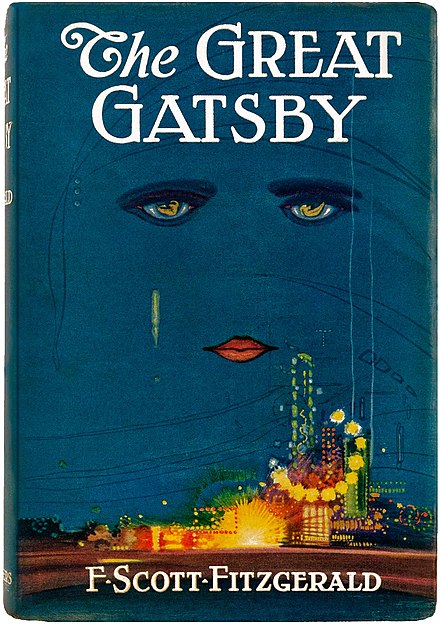
The Great Gatsby is another book that deserves to be called a classic. Like most books on this list, I still think about and reference this book from time to time. It’s perhaps the ultimate American classic in that it acutely dissects the American Dream during the 1920s, right before the Great Depression. While novels like Of Mice and Men also do this, The Great Gatsby has a silliness that Of Mice and Men does not. This book has not only held up, but its message has become stronger with time.
“Reading The Great Gatsby for school never felt like it was an assignment. It felt like it was for pleasure… though I hated Nick,” University of Iowa Junior Madeline Fait said.
Beyond the riveting social commentary, this is a fun book. It details parties in the golden age of parties, scenes showcasing all the glamor, glitz and excess of the roaring twenties. This book does an excellent job of poking fun at rich people and their eccentricities. Almost every person in this book is out of touch in their own special way. Characters are constantly in incredibly avoidable drama, and while this often annoys me in books, Fitzgerald nails the absurdism of the wealthy in a way that is timeless and hilarious.
4. To Kill a Mockingbird by Harper Lee
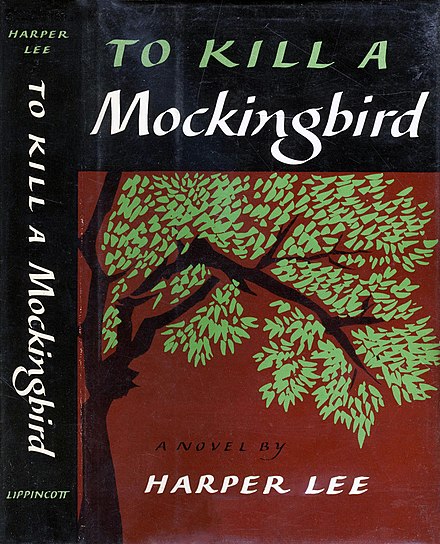
This book contains my favorite conclusion of any novel ever. The pacing at points seems hard to get through, but I found the main characters, Scout, Jem and Atticus Finch, compelling enough to compensate. The plot deals with heavy issues, including race, sexual violence, and the failure of the legal system. Despite that, the tone of the book is relatively light, as the main character, Scout, engages in several silly childhood adventures over the course of the book. Maybe it’s the fact that I read this coming-of-age novel while I was still coming-of-age; however, it has stuck with me in the best possible way.
“I thought it was good because it was very nuanced and dealt with heavy topics but not so dark that a kid couldn’t read it,” University of Iowa Senior Raquel Valladolid said.
This book makes writing from a child’s perspective seem easy, which it is certainly not. As the reader, you watch Scout struggle to understand adult issues while the adult issues remain clear to the reader. Even though parts of the plot are so frustrating they make me want to claw my eyes out, the message is positive. The conclusion was formative to me and did more to make me believe in the goodness of humanity than any other singular work of art.
5. The Pillow Book by Sei Shōnagon

This is one of the only classics I’ve found genuinely really funny. That’s because it wasn’t written for publication. As the title suggests, The Pillow Book is a diary by Sei Shōnagon from 1002 Japan. Shōnagon is a lady in waiting who journals about court gossip. She also makes various lists of things, including a list of things that make her happy. Finally, she jotted down scenes from her day she felt worth remembering. Given she never expected it to be published, it’s pretty unfiltered. She’s not worried about how she might be perceived.
There’s no great overarching message, just lists, gossip and observations Shōnagon felt were worth recording. Despite being written a millennium ago, I found it more relatable than many modern classics. Shōnagon is just a woman living her life whilst writing a surprisingly well-written and raunchy diary. It reminded me of when I saw graffiti from ancient Roman teens carved into a wall in Pompeii, and the graffiti was of a penis. Neither Shōnagon nor the Roman teens thought people would be witnessing their work a thousand years later, and if they did, they’d both likely be embarrassed.








